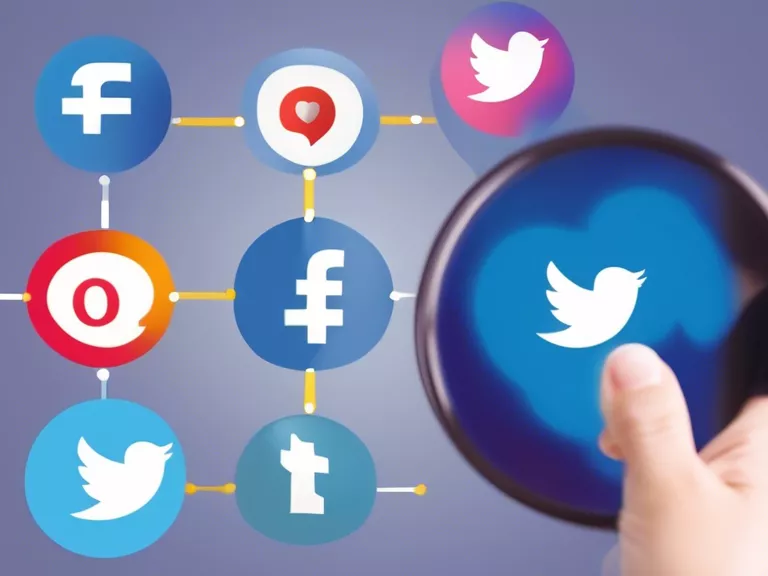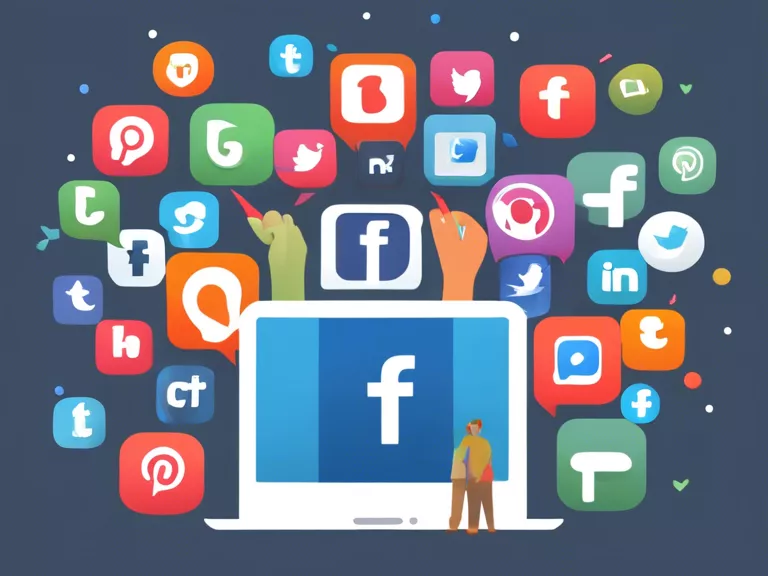
Decentralized Social Networks: Are They the Future of Digital Communication?
In recent years, there has been a growing interest in decentralized social networks as an alternative to traditional centralized platforms like Facebook and Twitter. Decentralized social networks operate through peer-to-peer connections and do not rely on a central server to store and manage user data. Instead, users have more control over their own information and can interact with others directly without the need for a middleman.
One of the key advantages of decentralized social networks is that they offer increased privacy and security for users. With no central authority controlling the network, there is less risk of data breaches or unauthorized access to personal information. Users can also have more control over who has access to their data and can choose to share information only with trusted contacts.
Another benefit of decentralized social networks is the ability to resist censorship and promote free speech. In centralized platforms, content moderation policies are often opaque and can lead to the suppression of certain viewpoints. Decentralized networks allow for more diversity of opinions and ideas to be shared without fear of being silenced or censored.
While decentralized social networks offer many advantages, there are also challenges to overcome. One of the main hurdles is user adoption, as many people are accustomed to using mainstream platforms and may be hesitant to switch to a new system. Additionally, decentralized networks can be more complex to navigate and may require technical knowledge to fully utilize all features.
Despite these challenges, the potential benefits of decentralized social networks are significant. As concerns about privacy and data security continue to grow, decentralized platforms offer a promising solution for users who want more control over their online interactions. If these networks can overcome the obstacles to adoption, they could very well be the future of digital communication.



